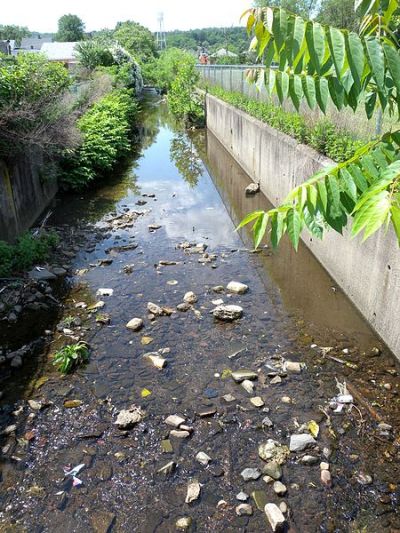
Scientists and engineers are working together as part of an EU-funded initiative to reduce the carbon footprint of wastewater treatment.
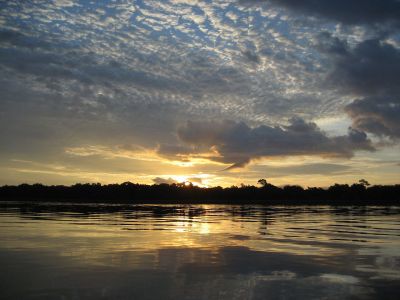
Researchers have made progress in understanding how streams and rivers influence global carbon and nitrogen cycles.
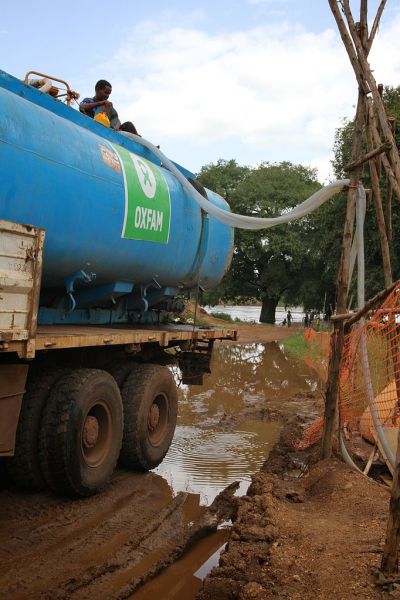
More than a billion people globally do not have enough clean water and 2.6 billion people lack adequate sanitation. Italian researchers in a region challenged by drought plan to remedy that at both the local and global scale.
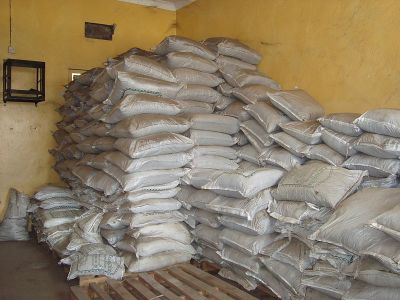
An EU project improved recycling of agricultural plastics film waste. The group developed a logistics system, also a three-stage process for on-site removal of earth and rocks from the film, involving a dry airflow technology.
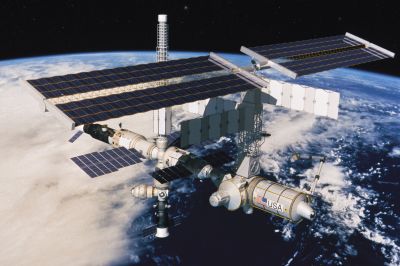
Information from a dedicated calibration and validation site has proven invaluable in ensuring the accuracy of satellite altimetry measurements. However, more reliable in situ information can be obtained by an international network being developed within an EU-funded project.
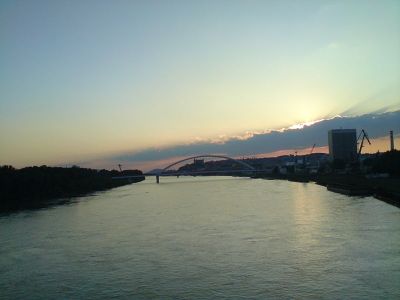
EU partners are developing a toolbox of instruments for use in environmental research in the Danube region. The effort will also benefit stakeholders and the local population.
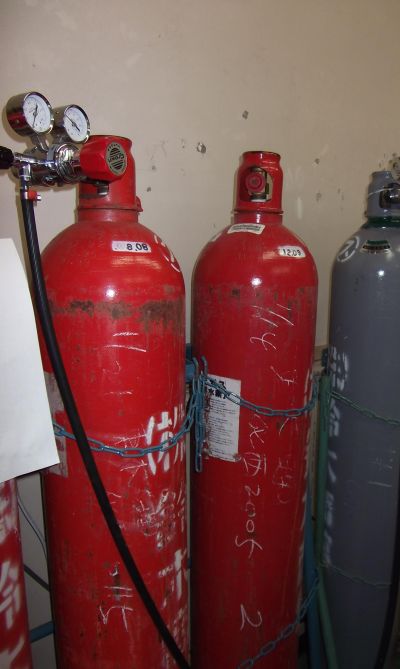
Scientists are developing an integrated bioprocess to produce hydrogen gas (H2) from garden and food waste by fermentation.
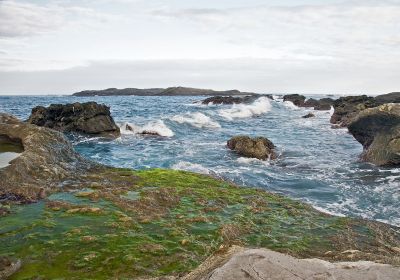
Researchers have investigated the use of acoustics technology to clump algal cells together in a concentration step before harvesting them for biofuel production.
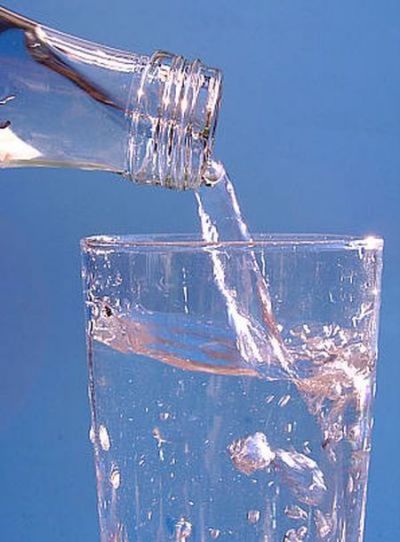
Researchers are developing ways to use energy from sunlight for purifying water in remote areas with limited electricity supply.
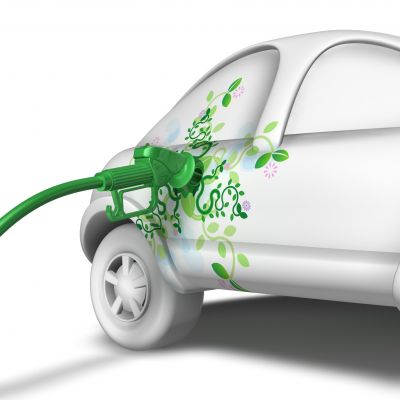
Hydrogen production from renewable sources is an important step toward reducing carbon dioxide emissions. An EU-funded project seeks to improve the process of extracting hydrogen from wet biomass.
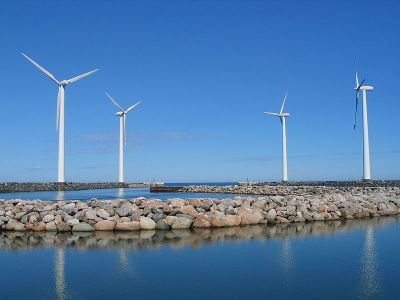
An EU-funded project is developing new designs for offshore wind turbines to tap the large wind potential in deep offshore environments.

A recent EU-funded initiative has developed technologies and tools for rehabilitating and managing polluted freshwater systems.

A recent research project is conducting experiments, statistical analyses and mathematical modelling to address the problem of greenhouse gas (GHG) emissions from livestock farming.
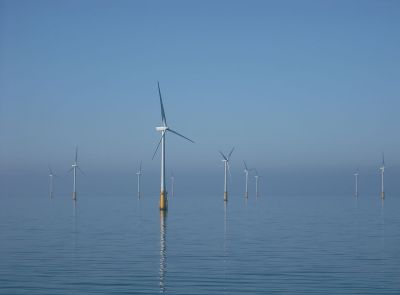
Wind is, together with photovoltaic power systems, the most important renewable energy source. New floating offshore wind energy technology as in DEEPWIND, tackling the challenge of deep-sea installations, could significantly enhance uptake and have major impact on emissions reductions.
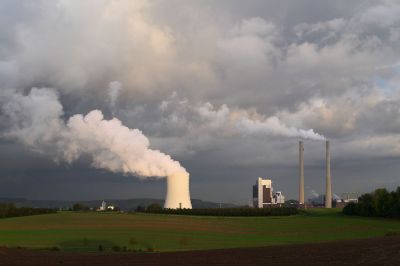
Providing sufficient water for a growing population is one of the greatest challenges of our times. One solution is to recapture water lost through evaporation during many industrial processes.

An EU-funded initiative has translated scientific knowledge regarding expected climate change impacts into a decision support system for forest practitioners and policymakers.
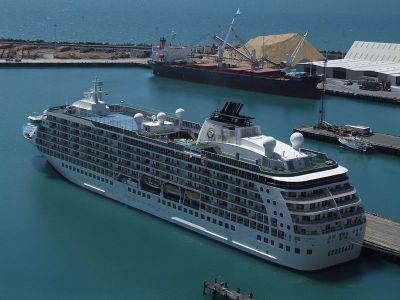
Ships are responsible for almost 5 % of the world's carbon dioxide emissions. An EU initiative is designing smart energy management strategies that will result in more energy-efficient shipping.
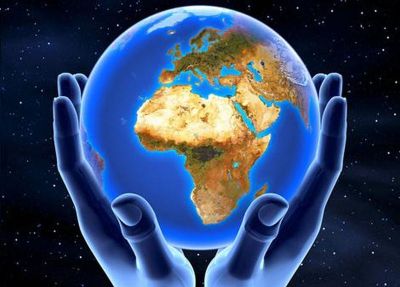
The transition to a low carbon economy by 2050 will involve irreversible step-changes in the cultural, economic and natural domains, with qualitatively different socio-economic configurations before and after. COMPLEX will develop new modelling tools for managing step-change dynamics by working across a wide range of spatio-temporal scales, and integrating the knowledge of many stakeholder communities, for example in respect of land-use change driven by carbon-related technologies.
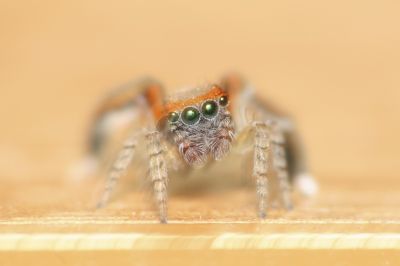
Scientists investigating the impacts of climate change need to understand how multiple environmental stressors combine to affect individuals, populations and ecosystems. In marine ecosystems, stressors appear to have a significant effect on the larval stages of organisms.
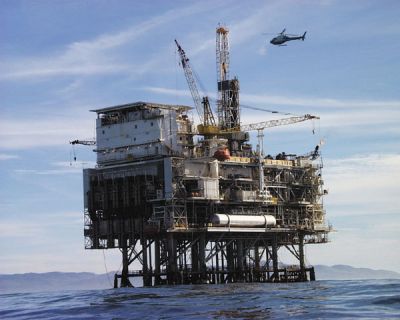
A significant portion of available oil remains unexploited after primary production at drilling sites. Novel technology suitable for use on floating platforms will aid in application of proven methods to release much of the oil trapped in the ground by physical forces.
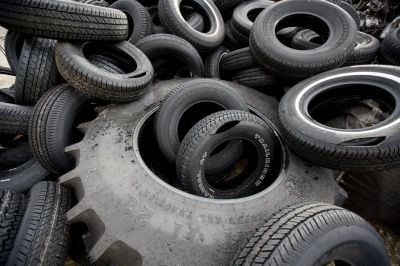
An EU-funded project developed an innovative thermal process to turn waste tyres into energy and ceramic materials.
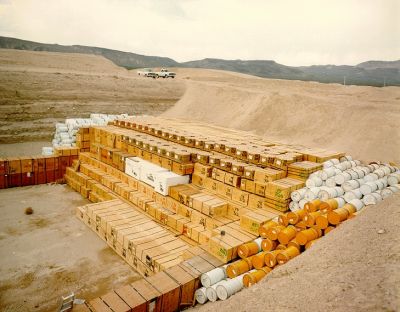
Radiation isn't the only problem of burying radioactive waste deep underground — waste also produces dangerous gases. An EU-funded project has forged a better understanding of how waste gases flow around and out of geological repositories to help national organisations ensure the process is safe.
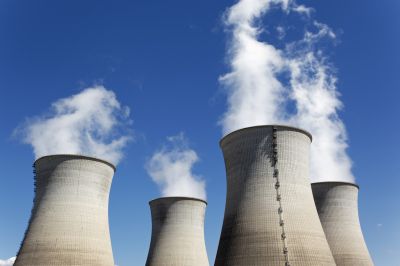
Much greater efficiencies of coal-fired power plants can be achieved by raising steam turbine temperatures and employing innovative combustion processes. Scientists are developing anti-corrosion coatings to facilitate implementation and fewer emissions.
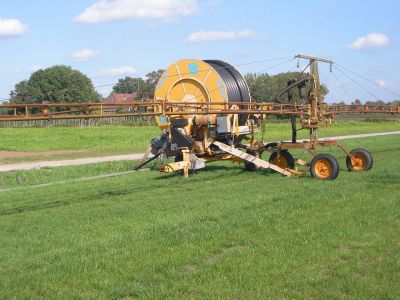
Irrigated farms are the biggest consumers of fresh water in the Mediterranean region. EU-funded researchers addressed this issue, working alongside farmers to develop water management tools and techniques.

Africa is the world's second most-populous continent after Asia and has a huge need for energy and feedstock supply. African food and agricultural waste provides an excellent substrate for biorefinery processes for the production of valuable, sustainable products, including biofuel.
























